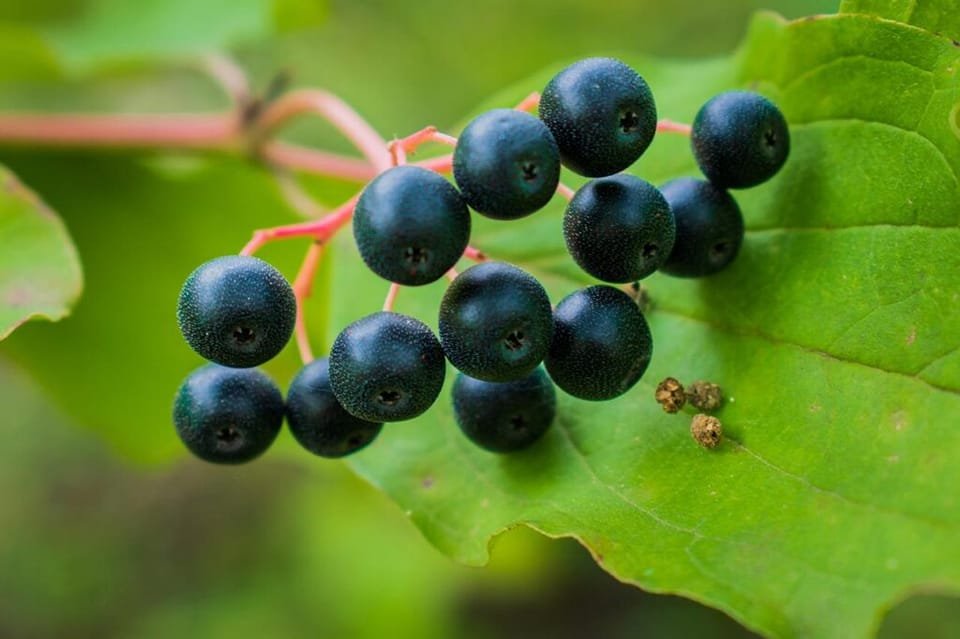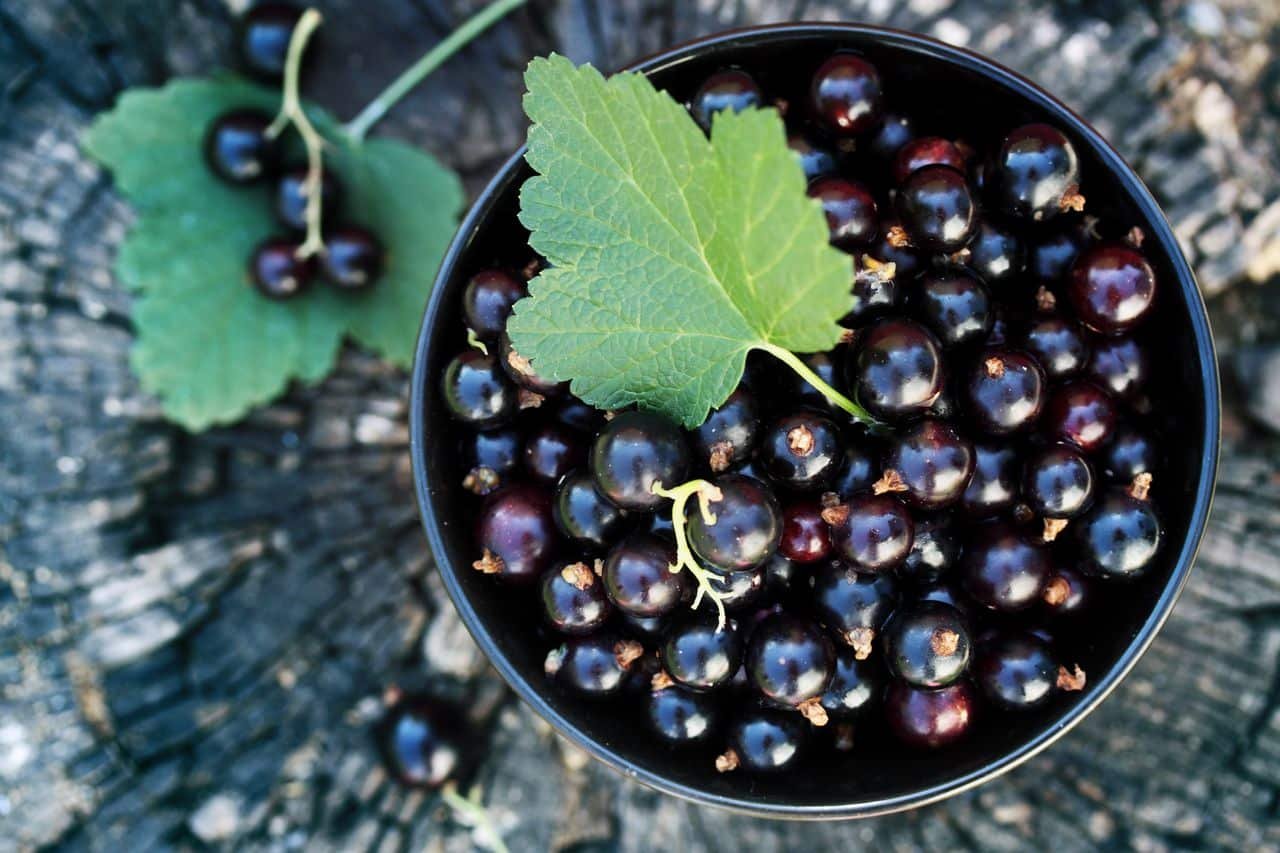Discover the world of Black currant , a tangy superfruit packed with vitamins, minerals, and antioxidants. Learn about their history, health benefits, and how to grow and use them in your cooking.
If you’re a fan of tart, flavorful berries, you may want to consider adding black currants to your repertoire. These small, dark purple fruits have been enjoyed for centuries and are experiencing a resurgence in popularity due to their impressive nutritional profile and versatility in the kitchen.

What Are Black Currants?
Black currants (Ribes nigrum) are a type of edible berry that grows on woody shrubs native to parts of Europe and Northern Asia. They are closely related to other currant varieties, such as red and white currants, as well as gooseberries.

Unlike many other berries, black currants have a distinctly tart and slightly musky flavor that can be an acquired taste for some. However, their unique taste is often prized in jams, jellies, and baked goods, where their tangy notes can add depth and complexity to dishes.
History and Cultivation
Black currants have a long and storied history, with records of their cultivation dating back to the 11th century in Russia and parts of Europe. Originally grown for their medicinal properties, they eventually became a popular fruit crop and were widely cultivated in many parts of the world.

However, in the early 20th century, black currant cultivation was banned in many areas, including parts of the United States, due to concerns that the plants could harbor a fungus that threatened the timber industry. It wasn’t until 2003 that the federal ban on growing black currants was lifted, allowing for their renewed cultivation and appreciation.
Nutritional Benefits
One of the reasons for the resurgence in black currant popularity is their impressive nutritional profile. These berries are packed with vitamins, minerals, and antioxidants that offer numerous potential health benefits.

Black currants are an excellent source of vitamin C, providing nearly twice the daily recommended amount in just a single cup. They are also rich in vitamin K, manganese, and potassium, as well as antioxidants like anthocyanins and polyphenols.
Some of the potential health benefits associated with black currants include:
- Improved immune function
- Reduced inflammation
- Better cognitive function
- Lower risk of chronic diseases
- Improved vision and eye health
Growing Black Currants

If you’re interested in growing your own black currants, these hardy shrubs can be a rewarding addition to your home garden. Here are some tips for successful cultivation:
- Choose the Right Variety: Look for disease-resistant varieties like ‘Ben Sarek’ or ‘Titania’ that are well-suited to your climate.
- Site Selection: Black currants prefer full sun exposure and well-draining, slightly acidic soil.
- Planting: Plant the bushes in early spring or late fall, spacing them 3-4 feet apart in rows.
- Pruning: Regular pruning is essential for maintaining plant health and promoting fruit production.
- Pest and Disease Management: Monitor for common issues like powdery mildew, aphids, and currant borers, and take appropriate action as needed.
Using Black Currants in the Kitchen

One of the joys of growing or sourcing fresh black currants is the opportunity to incorporate them into your cooking and baking. Here are some delicious ways to enjoy these tangy berries:
- Jams and Jellies: Black currant jams and jellies are a classic use for the fruit, and their rich flavor pairs beautifully with toast, scones, or pastries.
- Baked Goods: Add fresh or frozen black currants to cakes, pies, tarts, or muffins for a burst of tangy flavor.
- Sauces and Marinades: Use black currant juice or puree to make flavorful sauces or marinades for meats or vegetables.
- Beverages: Try making black currant juice, smoothies, or even wine or liqueurs with these versatile berries.
- Savory Dishes: The tartness of black currants can also complement savory dishes like chutneys, salsas, or glazes for roasted meats or vegetables.
Whether you’re a seasoned gardener or a culinary adventurer, black currants offer a unique and flavorful addition to your repertoire. With their tangy taste, impressive nutritional profile, and versatility in the kitchen, these small but mighty berries are well worth exploring.
Pingback: Nature’s Dark Masterpiece: The Enigmatic Black Bat Flower -
Pingback: Complete Guide to Growing Dragon Fruit Plants at Home -
Pingback: 7 Foolproof Methods to Preserve Cassis Fruit